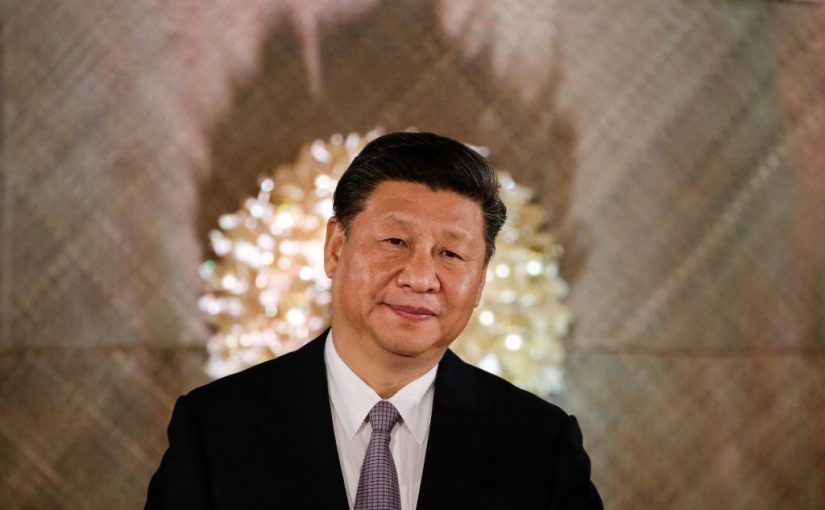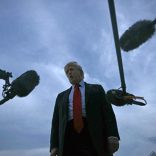Angola seeks gas growth as oil output flatlines despite OPEC exit
Portugal: Visit by President Xi comes amid Western fears about China strategy

The visit to Portugal early next month by China’s president, Xi Jinping, takes place at a time of growing suspicion in the West about its global strategy that have triggered a trade war with the US and warnings from European Union officials.
According to experts in internatonal relations, the visit is an opportunity for Portugal to secure investment in the ports of Leixões and Sines and in its railways, through a partial privatisation of rail operator CP, as well as in tripartite projects in Africa and Latin America.
“This is an opportunity to go from words to acts, to give an economic expression to the good relations between Portugal and China,” said the president of the Fórum Luso-Asiático, Arnaldo Gonçalves, recalling that between 2010 and 2016, Portugal was the seventh biggest European recipient of investment from China.
However, there are also voices advising caution. Since Xi’s rise to power in 2013, China has adopted a more assertive foreign policy, as seen in its gigantic ‘One Belt, One Road’ plan, which aims to connect southeast Asia, central Asia, Africa and Europe, and which has been seen as mirroring the Marshall plan launched by the US after World War II that allowed it to build the foundations for alliances that last to this day.
Illustrating this new internationalist vocation, China welcomed in the space of one year the summits of the G20 and of the BRICS bloc of emerging economies – Brazil, Russia, India, China and South Africa. Last September, dozens of heads of state and government from Africa also took part in Beijing in the China/Africa Forum,
Xi has talked of a “new era” in which “China will approach the main stage in the governance of global affairs”, in his inaugural speech of the 19th Communist Party Congress in November 2017. But the shift has alarmed Western powers, who see a new world order being shaped by a strategic rival with a different political system and values.
In the US, under Donald Trump there have been trade disputes, with the two countries increasing customs duties on the trade of hundreds of millions of dollars of products from each. US officials fears a loss of global industrial dominance as Beijing attempts to transform the country’s state-owned firms into key actors in high-value sectors such as artificial intelligence, renewable energy, robotics and electric cars.
The US navy has also stepped up patrols in the South China Sea, which is claimed almost entirely by Beijing in the face of protests from its neighbours. Last month, ships from the two countries almost clashed in the area.
Meanwhile, in Europe, Chinese investments in strategic sectors in the wake of the global financial crisis of 2008 have prompted the European Commission to introduce new controls on external investment.
A new directive, approved this week, seeks to respond to Beijing’s “predatory” investments, especially in infrastructure and technology, which allow the transfer of know-how to competing Chinese companies.
In the last ten years, while developed economies have stalled, China has maintained high rates of economic growth, increasing its share in global gross domestic product to almost 16% from 6%.
Over the same period it has become one of the leading investors in Portugal, with its state firms buying stakes in large companies in energy, insurance, healthcare and banking, while hundreds of Chinese nationals have bought homes in Portugal under the ‘golden visa’ scheme of fast-track residence permits for major investors.













Leave a Reply
Be the First to Comment!
You must be logged in to post a comment.
You must be logged in to post a comment.